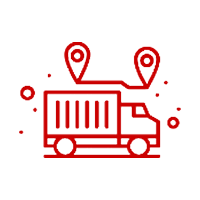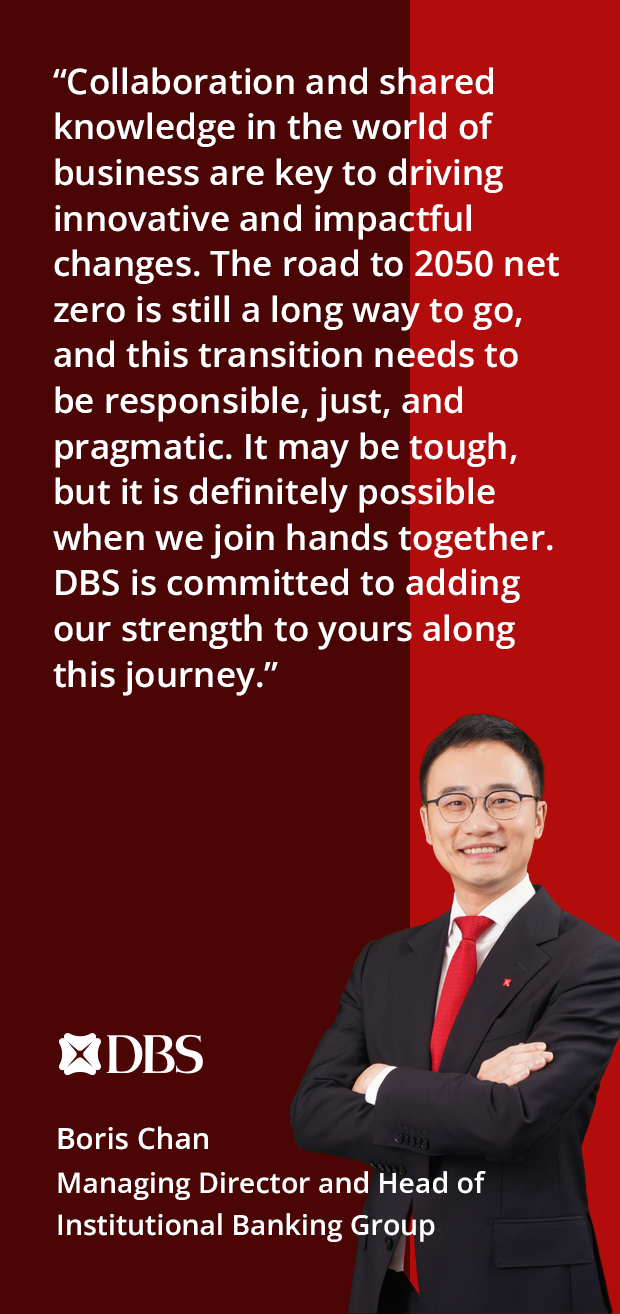HK-listed companies
face new demands
DBS Bank’s new research, in collaboration with KPMG, unveils the status and readiness of Hong Kong-listed consumer goods sector in response to the climate disclosure requirements by Hong Kong Exchanges and Clearing Limited (HKEX).
The report focuses on leading enterprises in mainland China and Hong Kong SAR businesses across six sectors that shape our everyday lives, including Apparel, Food & Beverage, Home Products, Hospitality, Logistics, and Transportation & Automobile. It highlights the interdependence of disclosure and transition: regulatory mandates enhance data coverage, leading to improved quality and robust targets that propel decarbonisation efforts.
Additionally, a summary of sector-specific insights and best practices is presented to inspire broader climate reporting across mainland China and the HKSAR's corporate landscape. These best practices include improving visibility into Scope 3 emissions and adopting frameworks such as the Science-Based Targets Initiative to strengthen decarbonisation efforts.












